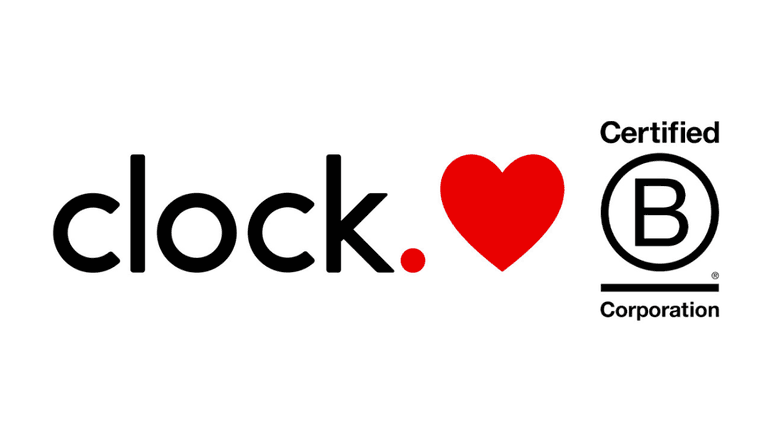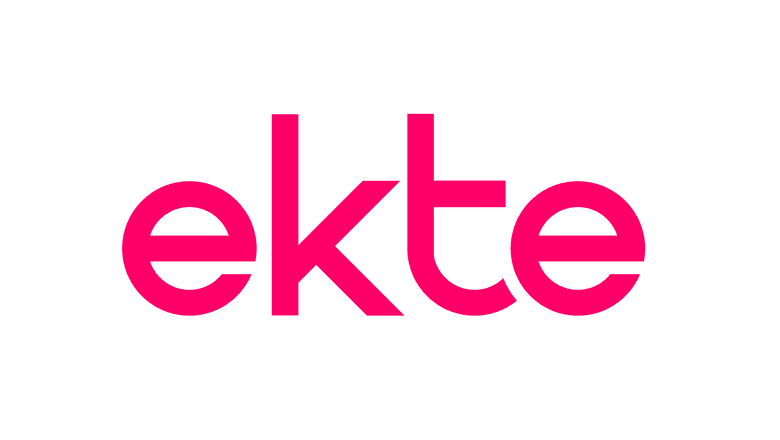
AI - bogeyman or saviour?
AI: Bogeyman or Saviour?
If you believe the hype, the latest bogeyman that will destroy society as we know it is Artificial Intelligence (AI). It’s already become a real part of how many of us work and live, both overtly and behind the scenes – maybe more than we really know.
From automating mundane daily tasks to helping us to solve complex problems, AI offers some truly brilliant opportunities. But with great power, as they say, comes great responsibility.
Here at Clock we're driven by our commitment to being a B Corp. That means we’re a business that uses its power for good, considering our impact on our staff, our customers, and the wider world. It's this belief in transparent, ethical practices that guides our entire approach to AI—we're only interested in using it where we're sure it can be a net positive.
The Human Side of AI: Why Ethics Really Matter
You’ve probably seen the headlines. AI models, for all their cleverness, are only as good as the data they're trained on. Without a strong ethical framework and human context, we risk creating systems that, well, get it wrong. This isn't just a theoretical problem; it’s something we’re already seeing at home in the UK.
For example, a recent study from the London School of Economics found that some AI tools used by local councils to summarise social care case notes were using different language for men and women. The AI would describe men's health issues with more serious terms like "complex" or "unable," while using softer, less serious language for women with similar needs. As a result, there's a real risk that women could receive less care.
Then there's the challenge of recruitment. The UK’s Information Commissioner's Office (ICO) has highlighted how some AI-driven hiring tools can inadvertently filter out candidates based on protected characteristics like gender or race, simply by learning from historical hiring data that may be biased. These are just a couple of examples that remind us that we must be alert to the potential for AI to amplify or replace our own human biases.
Our Key Considerations for a Professional & Responsible Approach to AI
So, how can we make sure we're using AI in a professional, responsible, and, most importantly, positive way?
Bias and Fairness: We must actively audit our systems to ensure they're making fair and equitable decisions. This means being super diligent about the data we use and constantly checking for hidden biases.
Transparency and Explainability: We believe in a 'no black box' approach. It should always be clear how and why our AI is making a particular decision, so we can build trust and maintain accountability.
Data Privacy and Security: Protecting your information is paramount. We're committed to using data in a way that's responsible, secure, and fully compliant with all privacy regulations.
Human Oversight: AI is a fantastic tool to assist and empower people, but it’s not a replacement for them. We will always ensure there's a person in the loop, providing the final say and human empathy, especially in critical situations.
What Do You Think?
As a B Corp, this isn't just about us—it's about building a better way of doing business for everyone. We’ve put our thoughts and commitments down in our official AI Ethical Policy.
We’d love to know what you think. Have we got it right? Is there anything else we should be doing to make sure we're on the right track?
Or are we, perhaps, being overly cautious?
Please share your thoughts and ideas with us on our socials. Let's start a conversation about shaping a brighter, more ethical future for AI together.
Our Blogs
Still here? Check these out!










